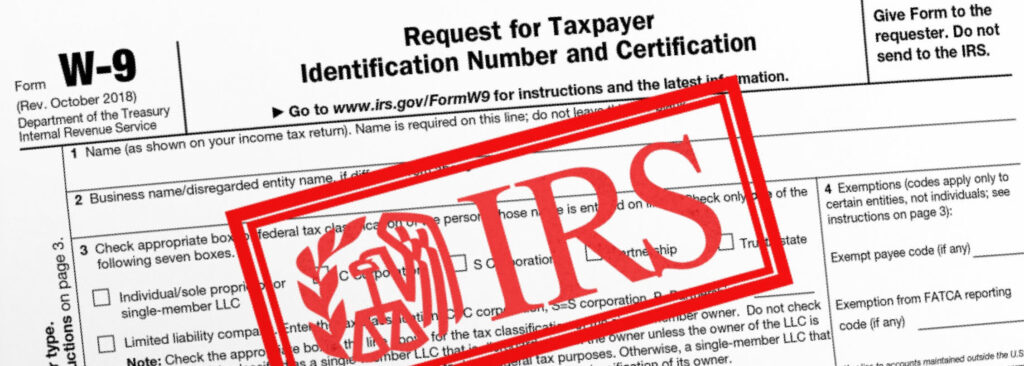You are a consultant and it is time to file your taxes, now what? As a consultant you will be responsible for your own estimated tax payments, health insurance, self-employment tax, and other expenses. Even if you are reimbursed from your customers for some expenses like travel, it is likely you still have some other deductions such as office supplies. Even if it is just you providing services, you are now a business owner. Instead of just “doing your job” for an employer, you now are likely doing a bit of everything from business development and record keeping – to sweeping the floor, at least for now. Taxes and accounting often take a back seat to getting your work done, but I have outlined some areas that self-employed individuals often neglect. Paying attention to the basics will save time, money, and headaches in the future. Some critical topics covered are: Self-Employment tax, paying estimated taxes, operating concerns, tracking income and expenses, and what are typical deductions to pay attention to.
Self-Employment tax
Self-Employment tax (SE tax) is tax due on self-employment income (consulting / business income) and designed to cover government programs such as social security. Employees are responsible for one-half of this tax which is taken out automatically from paychecks and the employer pays the other half. Self-Employed persons are responsible for the entire amount and must make estimated tax payments because there is no money withheld from a paycheck. The SE tax kicks in when there is a profit from business activity, even when there might not be any regular tax. This comes as a shock to someone who may have a modest profit for the year, say $10,000 and owe SE tax. It is easy to see how first time business owners can have no money to pay their tax liability at year end.
Paying estimated taxes
Self-employed persons are required to pay their own estimated income tax and the additional tax due to SE tax. First time business owners often run into a large tax liability at year-end because they are accustomed to having an employer withholding taxes from a check which more or less covers taxes for the year. In contrast to being an employee, business owners get paid in full without any withholding. It is therefore very important for SE individuals to set aside money for required estimated tax payments. Estimated tax payments are generally due on a quarterly basis as the money is earned.
Operating requirements: 1099-Miscellanious forms, local business license, fictitious name filings, sales tax, local property tax and miscellaneous requirements
Operating a small business requires a small laundry list of compliance to avoid future headaches. It is likely that you will receive a form 1099-Miscellanious stating the amounts paid for the year for services performed. Businesses are required to issue this form when they pay over the current threshold. If your business hires other subcontractors you may also have a requirement to file this form. Be sure to collect the social security numbers and address of contractors working for you before they start work. Depending on the current requirements, I would suggest to have this filing completed before the end of January. If you have employees, talk to your local payroll company to assist you in the time consuming and particular requirements for your region.
Depending on the business (including consulting) that you operate you are likely to have other compliance requirements like registering with the city or state that you operate in. Inquire with professionals or the local city hall regarding local registration requirements. Many cities require an annual fee and also a property tax statement to be filed. If you are selling physical goods you may likely need to collect sales tax, depending on the state. Also, if you are selling physical goods you will likely need seller’s permit. Inquire about local licensing requirements as there are particular needs to fulfill depending on your business type, especially if highly regulated. Do not neglect your local and state requirements; they have a way of “catching-up” to you if you do not follow the rules.
Tracking income and expenses
All income received as a consultant must be reported, even if you do not receive a 1099. If you bill for reimbursed expenses I would report the income and take the corresponding deduction. Establish a system to make sure you can differentiate income from other money that may be deposited in the business account to cover expenses.
As a consultant you can deduct ordinary and necessary business expenses on your tax return. While it is not necessarily required, I highly recommend keeping a separate bank account for your business transactions. Using a business credit or debit card will also make it easier come tax time and allow you to export transactions to accounting software. Save every receipt! I recommend simply keeping all receipts (including personal expenditures) by putting them into a box or envelope separated by personal and business. Having all of the receipts at your disposal will be invaluable to a stubborn auditor who may be demanding physical receipts, even with purchases made with your debit or credit card.
Other expenses to consider – Home office and mileage
Tracking your business and personal expenses will allow your accountant utilize deductions that you may not have considered. If you qualify for a home office, for example, you will want to have a record of household expenses such as rent, mortgage, tax, and utility payments. Also be sure to keep a log of any business mileage driven outside of your normal commute.
Laundry list of business expenses and assets used in business
Outside of the expenses listed below, be sure to inform your accountant of any business assets that you may have used during the year. New business owners often use furniture and equipment purchased before being in business. These assets can likely provide valuable business deductions when treated properly. Here is a list of common business deductions: LIST BUSINESS DEDUCTIONS
In conclusion
Being a business owner offers a tremendous amount of opportunity, but also responsibility. Be aware of the requirements, track business activity, and consult a professional to help you determine estimated tax requirements. Even if you get behind, good record keeping now can allow an accountant to help you sort it out later.
Other resources from John Gillingham:
Learn Accounting: https://accountingplay.com/
Get the App: Lessons, Audio, and Illustrated Accounting Flashcards for iOS on Android
Get the App: Learn Accounting Debits and Credits with the game on iOS
My Innovative Accounting Books: Amazon Kindle



